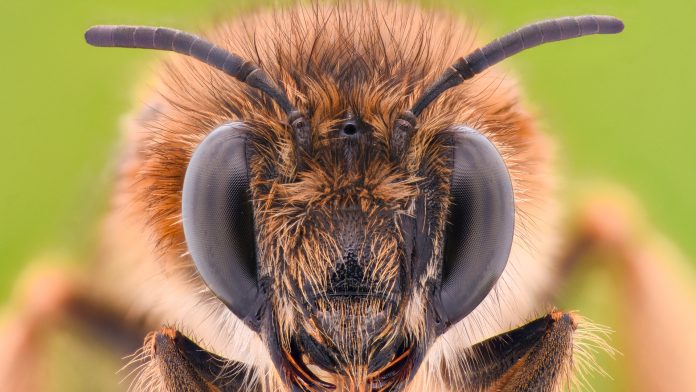Scientists from the University of Texas at Austin have developed a new strategy, using engineered bacteria, to protect honeybees from colony collapse disorder.
According to a national US survey, beekeepers lost nearly 40% of their honeybee colonies last winter, which is the highest rate reported since the survey began 13 years ago.
Researchers have created a genetically engineered bacteria lives in the guts of honeybees and acts as biological factories, pumping out medicines to protect bees against two of the leading causes of colony collapse, Varroa mites and deformed wing virus.
The team from the University of Texas Austin believe that their method could be used in the agricultural industry, this is because the engineered bacteria are easy to grow, inoculating the bees appears to be a straightforward process.
It has direct implications for bee health,” said Nancy Moran, a professor of integrative biology and the primary investigator on the study.
“This is the first time anyone has improved the health of bees by genetically engineering their microbiome,” added Sean Leonard, a graduate student and first author of the study.
The research group engineered one strain of bacteria to target the virus and another for the mites. The bees treated with the strain of bacteria targeting the virus were 36.5% more likely to survive to day ten. Additionally, Varroa mites that were feeding on another set of bees were 70% more likely to die after being treated with the bioengineered bacteria.
“You usually only get signs of these molecules when an RNA virus is replicating,” Moran said. “It’s a signal that this might be an evil thing and you should attack it.”
According to the American Beekeeping Federation, honeybees contribute to near $20bn each year to the value of the US agricultural sector. Obviously, bees play an enormous role in global food production. Without the work of honeybees, dozens of crops, from almonds to berries to broccoli, would either vanish or produce a lot less food.







